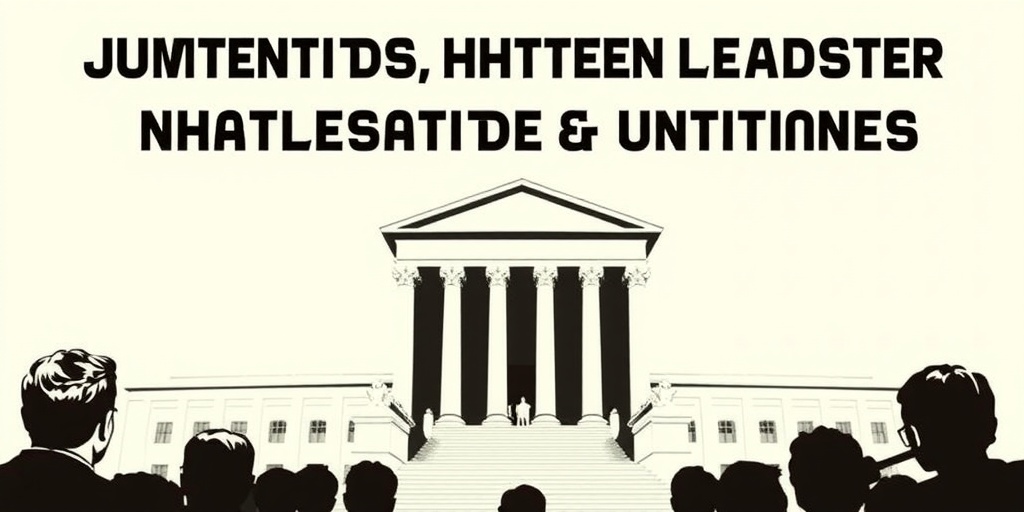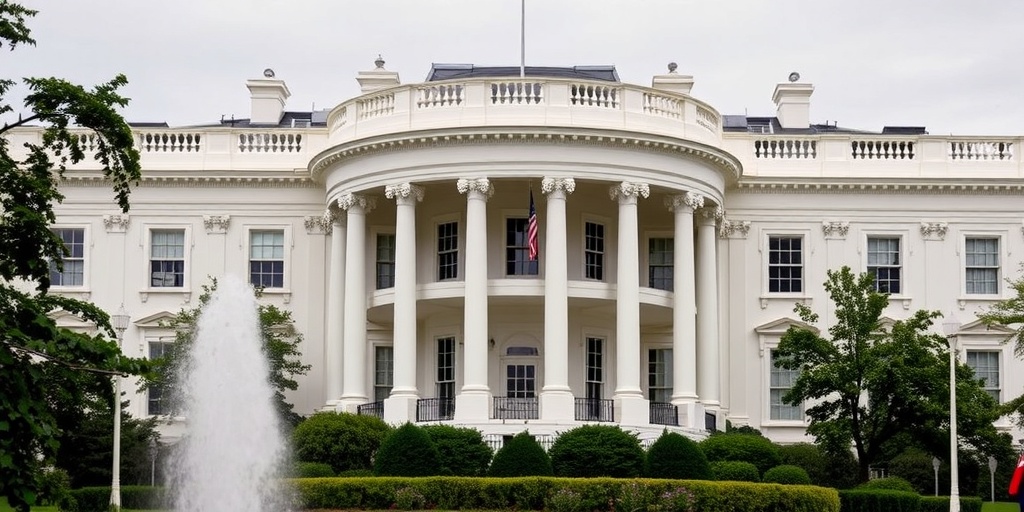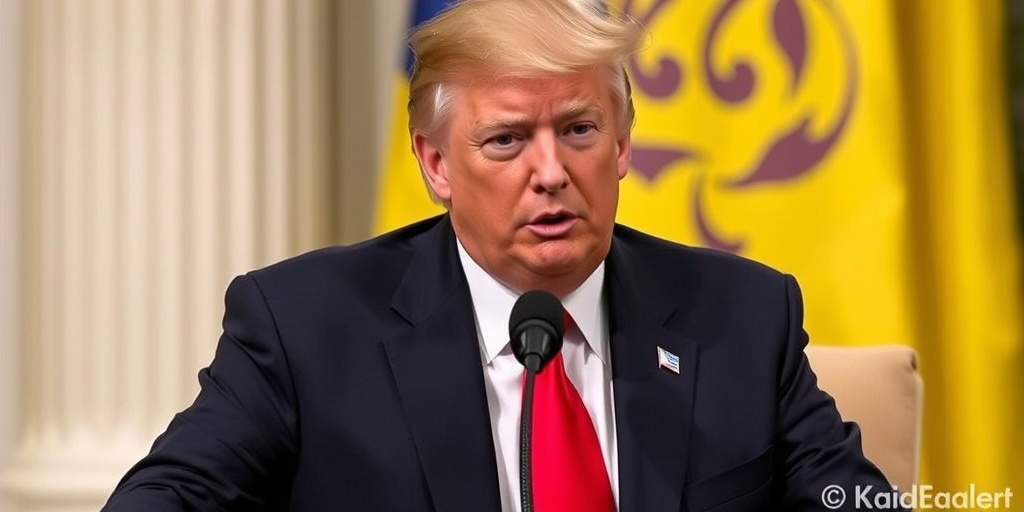Now Reading: Justice Dept. Nominees Indicate Some Court Orders May Be Ignored
-
01
Justice Dept. Nominees Indicate Some Court Orders May Be Ignored
Justice Dept. Nominees Indicate Some Court Orders May Be Ignored

Justice Department Nominees Spar with Democrats over Court Orders and Presidential Powers
In a contentious Senate Judiciary Committee hearing on Wednesday, lawyers nominated for top positions at the Justice Department engaged in a heated debate with Democratic lawmakers regarding the administration’s potential disregard for judicial orders. This exchange is emblematic of a broader struggle over the Trump administration’s aspirations to assert greater presidential authority.
The confirmation hearing involved three nominees: Harmeet K. Dhillon, D. John Sauer, and Aaron Reitz. Both Dhillon and Sauer have previously served as personal attorneys for former President Donald Trump. The spotlight was particularly on Reitz, who was set to lead the Office of Legal Policy. During the session, he was scrutinized for an earlier social media post in which he suggested that Trump emulate President Andrew Jackson, known for his refusal to comply with a Supreme Court ruling in 1832 that favored Native American rights.
Reitz acknowledged the complexities surrounding court orders, stating, “There is no hard and fast rule about whether, in every instance, a public official is bound by a court decision. There are some instances in which he or she may be lawfully bound and some instances where he or she may not be lawfully bound.” His comments raised eyebrows among Democratic senators, who viewed them as an implicit endorsement of the idea that a sitting president could ignore judicial directives.
Sauer, nominated as the solicitor general, echoed similar sentiments when pressed about the implications of potentially ignoring court orders. He stated, “It’s hard to make a very blanket, sweeping statement about something without being presented with the facts and the law,” indicating a nuanced approach to the issue that failed to satisfy many Democrats.
This back-and-forth was fueled by growing concerns over the Trump administration’s handling of legal challenges, particularly those involving sweeping governmental changes, such as the president’s efforts to terminate thousands of federal employees. Senator Richard J. Durbin, the senior Democrat on the panel, labeled Reitz’s assertion as “an incredible statement by someone who wants to be part of the Department of Justice,” highlighting the seriousness of the issue.
Historically, conservative legal scholars have raised objections regarding the federal court system’s allowance for trial judges in individual districts to issue nationwide injunctions that limit government actions. Ironically, these same conservative activists have often sought such injunctions to obstruct policies enacted by Democratic administrations. In the current political landscape, Democrats are increasingly worried that the Trump administration might not only disregard unfavorable lower court rulings but could also turn a blind eye to appellate and even Supreme Court decisions.
Concerns grew further when Trump took to social media recently to assert that "he who saves his country does not violate any law," a statement interpreted by many as suggesting a cavalier attitude toward legal obligations.
Republican Senator Josh Hawley of Missouri contributed to the debate by asserting that some Supreme Court decisions were incorrect and warranted stronger opposition from government officials. On the opposite spectrum, Senator John Kennedy of Louisiana attempted to refocus the debate with a firm declaration: “Don’t ever, ever take the position that you’re not going to follow the order of a federal court. Ever.” He went on to encourage his colleagues to express their disagreement legally, appeal unfavorable decisions, or resign rather than defy court orders.
Throughout the session, the nominees were questioned about how they would navigate potentially inappropriate instructions from the president. In response, they largely maintained a stance of confidence in the president’s actions. Dhillon, if confirmed to oversee the civil rights division, remarked, “The president has never asked me to do anything that I found to be objectionable, immoral, unlawful, or illegal.” Dhillon is notably allied with Trump, having made headlines for her efforts to challenge the results of the 2020 election. Should she be confirmed, she would take charge of a division that frequently addresses issues related to voting rights.
The hearing serves as an introduction to a potentially tumultuous confirmation process as these nominees, closely linked to Trump, seek to secure their positions in the Justice Department amid escalating tensions surrounding presidential power and judicial authority. As the political landscape continues to evolve, the implications of these discussions will undoubtedly resonate through the halls of government and the fabric of American democracy.
Stay Informed With the Latest & Most Important News
Previous Post
Next Post
-
 01New technology breakthrough has everyone talking right now
01New technology breakthrough has everyone talking right now -
 02Unbelievable life hack everyone needs to try today
02Unbelievable life hack everyone needs to try today -
 03Fascinating discovery found buried deep beneath the ocean
03Fascinating discovery found buried deep beneath the ocean -
 04Man invents genius device that solves everyday problems
04Man invents genius device that solves everyday problems -
 05Shocking discovery that changes what we know forever
05Shocking discovery that changes what we know forever -
 06Internet goes wild over celebrity’s unexpected fashion choice
06Internet goes wild over celebrity’s unexpected fashion choice -
 07Rare animal sighting stuns scientists and wildlife lovers
07Rare animal sighting stuns scientists and wildlife lovers




















